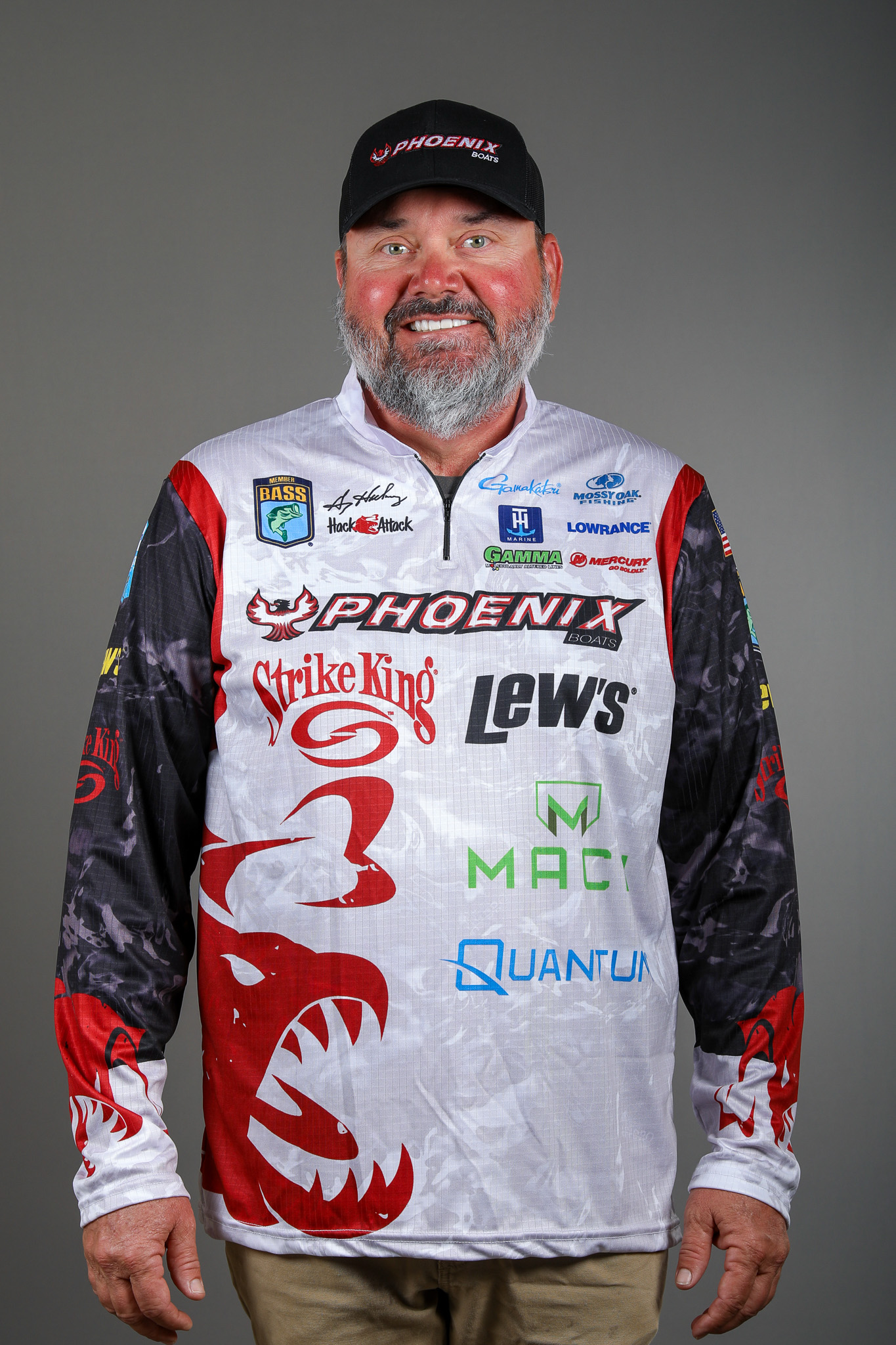One way winning bass anglers separate themselves from the rest of the pack is by quickly and efficiently learning to fish with new lures. They know what a new bait will, and will not, do for them. And most importantly, they develop confidence that it will work.
But developing that knowledge and confidence can be a frustrating experience. It requires practice, time and fish. Here are 6 ways to take some of the pain out of your learning process.
1. Fish where there are lots of fish.
I can't overemphasize the importance of fishing a new lure in a place where there are lots of bass. You can't catch them if they aren't there. I like small lakes, farm ponds and borrow pits. Select one that's full of bass, and make sure you go when they're biting.
The idea is to catch numbers, not size. That way you'll develop confidence in the bait and in yourself. If you believe you can catch fish with it, you will.
2. Your practice water should have the right kind of structure or cover.
If you're looking to improve your deep cranking technique over ledges, you must fish deep ledges. A typical farm pond won't do. Most of them are shallow and have smooth bottoms. You'll need to look somewhere else.
And if you're learning to rat fish — tossing a frog or rat on top of vegetation mats — you'll need plenty of heavy mats. A farm pond might be just the ticket. Find one with plenty of mats and plenty of bass and you'll quickly learn how to retrieve to get some strikes as well as to wait before setting the hook.
3. Only carry one lure.
If you're trying to get good with a new bait don't take anything else with you when you're practicing. If you do, you're doomed. The first time the bite slows down you'll switch to an old favorite and throw your learning game plan out the window.
4. Start slow and work your way into it.
Start easy and work your way up with new lures or techniques. If you're looking to improve your deep cranking skills, start with a shallow crankbait that runs 5 or 6 feet deep and then work your way up to one that runs 15 or 20 feet deep. Don't try to learn everything at once.
5. Make sure you have the necessary physical skills.
If your new lure requires you to make long casts, be sure you're capable of making them. If you're not, practice in your backyard until you can. Then go fishing.
This is especially true if your lure requires accurate placement. You can't consistently catch bass flipping and pitching unless you can hit a small target — coffee cup size — at 20 or 30 feet. That skill can be learned with practice anywhere. Don't waste your fishing time learning it.
6. Experiment with different tackle while you're learning.
While you're practicing on or off the water, switch rods, reels and line. See how the lure works with different rod lengths and actions, with different speed reels and with different line — monofilament, fluorocarbon and braid in various test weights. That way you'll have a better idea of what to do when tournament day arrives.
Learning new techniques and building confidence in them takes time and patience. But without that investment you'll never develop the skills and the confidence to be a champion and perform when it counts.





